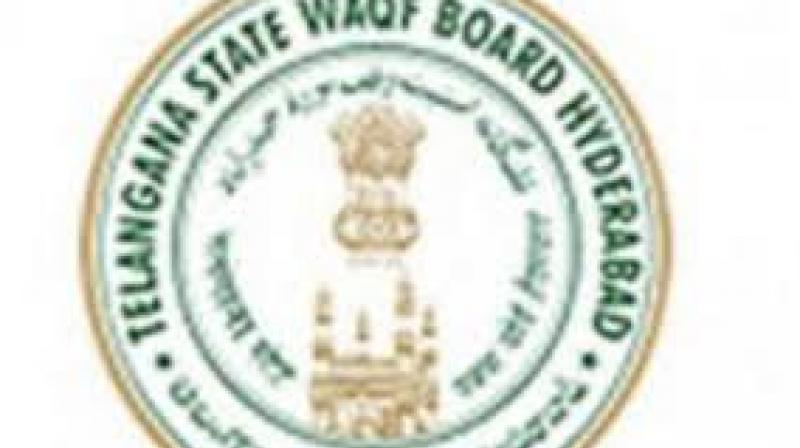Telangana: Waqf Board abolishes finance-related Acts
According to Section 44 of the Act, every Mutawalli shall prepare a budget and submit it to the Board before the financial year ends.

Hyderabad: The Waqf Board has abolished certain Sections of the Waqf Act that regulate the maintenance of accounts, submission of accounts and audit of accounts for more than a decade. Most of the sections in chapters VI and VII of the Waqf Act 1995 amended in 2013 deal with the finances of the Board and the Waqf institutions. Neither the Board nor the Mutawallis follow the directives of the Act.
According to Section 44 of the Act, every Mutawalli shall prepare a budget and submit it to the Board before the financial year ends. Section 46 says every Mutawalli shall keep regular accounts and furnish the same. Section 47 deals with the audit of accounts. Clause (b) of Section 47 says, “The accounts of the Waqf having net annual income exceeding 50,000 rupees shall be audited annually or at such other intervals as may be prescribed, by auditors approved by the state government and while drawing up such panel of auditors, the state government shall specify the scale of remuneration of auditors.”
In 2006, the Waqf Board appointed a firm of chartered accountants to audit the accounts of the Waqf institutions. However, only 14 institutions were audited out of 141.
In response to a communiqué, the Association of Sajjada Nasheens, Mutawallis and Khidmatguzaran Waqf submitted a representation on June 12, 2007 to withdraw the circular. The Waqf Board, on the request of the said association allowed Mutawallis Managing Committees to have their accounts audited either by the chartered accountants appointed by the Board or by the CAs of their choice.
Allowing the Mutawallis to audit the accounts with CAs of their choice provides an opportunity to misappropriate funds because they may show revenue and expenditure as it suits them.
It is observed that a few Mutawallis submit their accounts regularly and most of them file only before the elections to the Board so that they become eligible for contesting or casting their vote.
It is the obligatory duty of the auditor under Sec 47 (2) to specify all cases of irregular, illegal or improper expenditure or of failure to recover money or other property caused by neglect or misconduct and any other matter. He has to specify the name of any person who, in his opinion, is responsible for such expenditure or failure.
According to Section 48 it is the duty of the Board to examine the auditor’s report and seek explanation from Muttawalis and under section 49, the Waqf Board has the power to recover the losses. There is not a single instance of such action being taken by the Board in a decade.
Similarly, the Waqf Board has to prepare its budget every year and get approval from the government. The Board must also audit its accounts by such auditor as may be appointed by the state government in accordance with Sections 78, 79 and 80 of the Act.
However, such mandatory practices have been abolished by the authorities of the Board.
M.K. Hasan, president of the Masjid Sultan Bagh Kiwadiguda, says that when he asked the Board authorities to furnish the list of empanelled auditors, the Board did not reply and he submitted the accounts audited by his own auditor.

